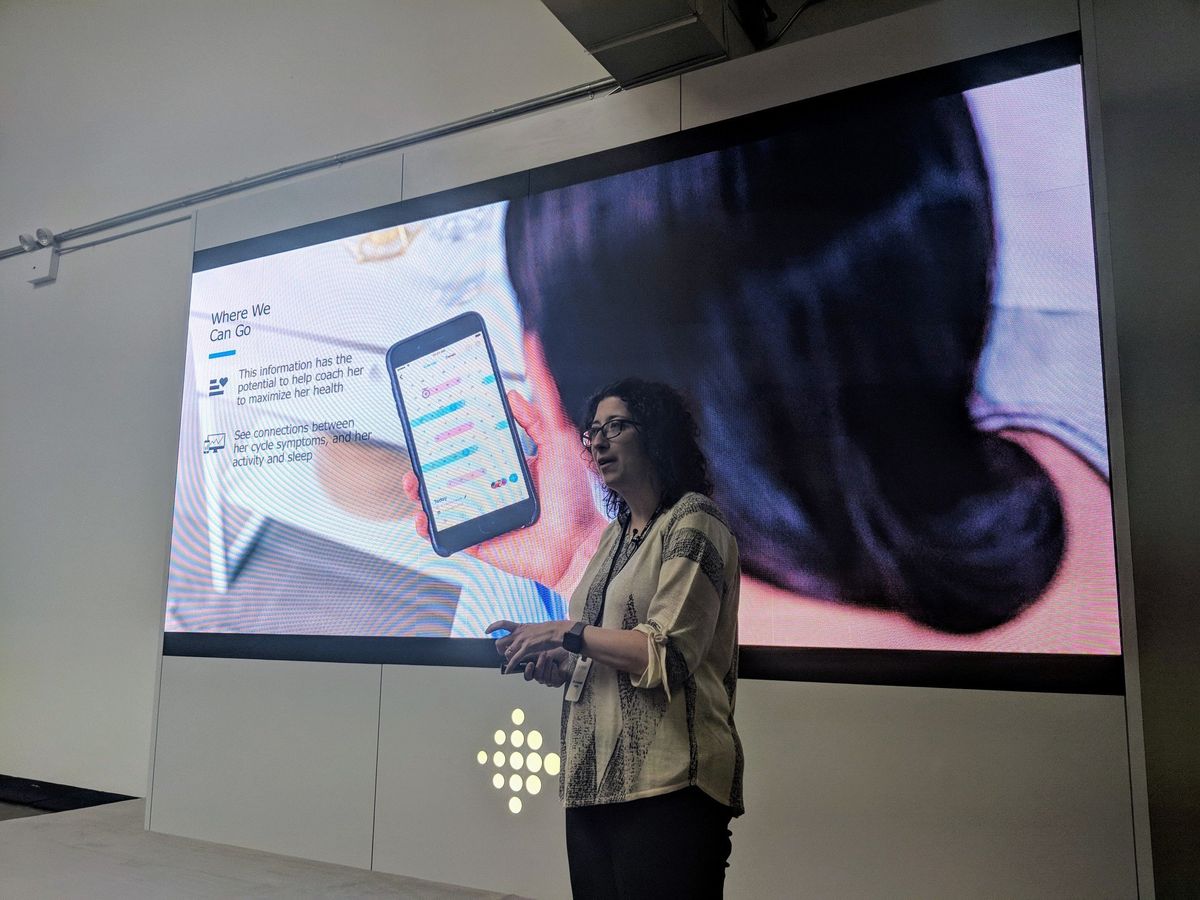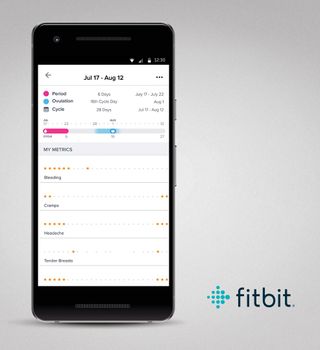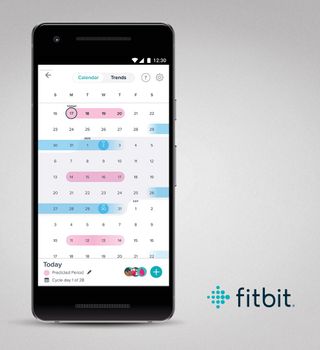Fitbit is adding menstrual cycle tracking for its female users
This could have a huge, positive impact on women's health.

During Fitbit's recent press event in New York City, the company talked extensively about the new products that it'll be highlighting this coming spring. A lot of the focus was on its new Versa smartwatch and Ace fitness tracker, but Fitbit also took a good chunk of time to talk about new female health features it's working on.
This spring, Fitbit will introduce menstrual cycle tracking for all Fitbit users that identify as female on their profile. Tracking will be available on-device for the Versa and Ionic, and right within the Fitbit app for everyone.
Female users will have the option of adding a new female health tile to their Dashboard in the Fitbit app, and this will enable them to track their cycles, see predictions of upcoming cycles, indicate any symptoms they're experiencing, and see cycle-by-cycle metrics once enough data is recorded.
Tracking is available on the Versa, Ionic, and Fitbit app.
There are already a lot of free apps that help women track their feminine health, but Fitbit believes its offer will stand tall among the rest of the competition. By tapping into all of the other data you log with Fitbit (such as steps, calories burned, heart-rate, etc.), women will be able to see any links between biometrics and their menstruation. Add that together with the fact that Fitbit already has 25.4 million active users, and there's great potential for this to have a huge impact on feminine medical research.
A Fitbit study recently revealed that 70% of women don't know the average length of their cycle, and 80% of them aren't aware of how many phases are in a cycle. By enabling its millions of female users to log all of this data, Fitbit says it'll allow for research to be done in this field that hasn't been obtainable until now.


As for the end user, Fitbit also notes that "having this knowledge helps women have better conversations with their doctor." When asked about their cycle during a doctor visit, women can pull out their phone, show their physician all of their data, and more accurately address concerns and pick up on red flags.
None of this directly impacts me as a 20-year-old guy, but I honestly found this to be the most interesting of all Fitbit's announcements. Having a better understanding of our body is critical to leading a healthy life, and that's exactly what Fitbit's hoping to achieve here.
Get the Windows Central Newsletter
All the latest news, reviews, and guides for Windows and Xbox diehards.
If you're a female, what do you think about this? Sound off in the comments below!
